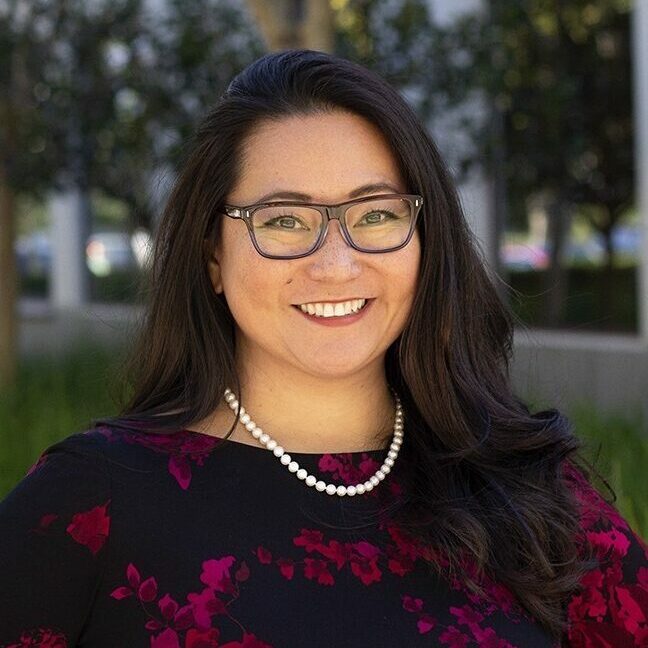
03:00 - 04:30 pm
Technology to Accelerate Learning: Tech-Enabled Solutions to Address Learning Loss

Moderated by Ipek Bakir of the Overdeck Family Foundation, this conversation featured four leaders in the tech-enabled curricula and solutions space, Michelle Brown of CommonLit, Neena Hendershott of Zearn, Claudia Miner of Waterford UPSTART and Karin Wu of MIND Research Institute, creator of ST Math. Each of the panelists described the ways in which their platforms support students, educators, parents and administrators in advancing components of early school success, including school readiness (Waterford UPSTART), reading proficiency (CommonLit) and math (ST Math and Zearn).
They discussed how digital solutions can aid student progress, what districts should look for when choosing tech-enabled curricula, and how to ensure digital materials continue to provide flexibility, acceleration and support for students and teachers beyond the pandemic. They acknowledged the vast number of EdTech tools and approaches in the market and encouraged school leaders to look for a deep evidence base that includes third-party evaluations, alignment with curricula, and capacity for personalization and data-driven just-in-time interventions when selecting a digital curriculum. Recognizing the power of education technology to close achievements gaps both during and after the pandemic, they stressed that equity must also be a part of the selection criteria — e.g., affordability; functionality on a wide range of devices, including phones; and demonstrated effectiveness for all learners, including children with learning differences, English language learners and diverse population groups. Panelists emphasized the importance of making data accessible to teachers, families and students, and they discussed how digital platforms could address students’ learning loss and accelerate learning.
They ended the conversation on a positive note, sharing what makes them optimistic about the future during these challenging times, including the recognition of the essential role of parents, the increased humility and willingness among policymakers and administrators to invest in high-impact strategies, and the additional public investment in education.


 All Events
All Events



